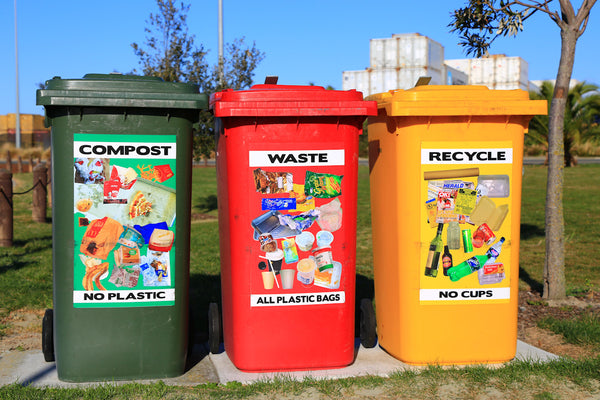The global climate crisis making headlines on regular basis can leave anyone feeling powerless. However, there are steps every one of us can take to make a difference. According to W.H.O., food productions makes up to 66% of water usage and up to 20-30% of global greenhouse emissions. That means our everyday food choices have a significant impact on the environment. By following these simple tips, you can eat sustainably and reduce your climate footprint.

Eat More Plants
Grains, fruits, and vegetables are the foods that leave the least impact on the environment. Adding more plant-based foods to your diet not only reduces your ecological footprint, but it also ensures that your body gets the nutrients it needs to function. Plant-based foods are also generally efficient to produce as they require much less water during production as compared to most animal-based foods.

Eat More Variety
The practice of planting the same crops again and again ultimately deprives the soil of its nutrients. This results in the soil becoming virtually useless and often requiring chemically loaded fertilizers. There is a time-tested, natural, and simple trick to avoid this: eating more variety. All you need to do is get on board with mixing up your diet. This will lead to farmers planting different crops every few years, hence keeping the soil healthy.

Reduce the Waste
According to estimates, more than a billion tons of food is wasted every year around the globe. This occurs during farming, processing, retailing, transporting, cooking, and consuming. While as a consumer, you cannot control all these stages, you can certainly help reduce the waste by making sure that leftover and scraps are donated for animal feed or get converted into compost.

Grow Your Own Food
Ever since the pandemic started last year, many experts have been recommending urban gardening. One key reason of this is to help with your mental health during the isolation, another is to reduce carbon footprint.
Buying packaged goods from the grocery leaves a carbon footprint because the equipment and machinery used to pack these items emit harmful substances into the atmosphere and water. Growing your own food helps reduce the harmful emission as in this way there’s no need to pack and unpack anything.

Eat What’s in Season
The environmental cost of growing, storing, and transporting food beyond its natural growing season is enormous. Consumers like to enjoy veggies and fruits throughout the year which is one of the primary reasons foods are imported from all over the globe. This is unsustainable. If you choose to eat what’s in season, you will be able to purchase virtually everything locally. Not to mention over the course of a year, you will make sure that you get more variety in your diet. This practice will boost your health as well as help reduce your carbon footprint.
With just a few simple tweaks to your everyday life, you could have a significant impact on the way the food system develops in the coming decades. So, choose any of the above-listed tips that you can follow to do your part in eating and living more sustainably.
Photos by: Amoon Ra, Suresh designer, Ella Olsson, Nareeta Martin, Kenan kitchen, Polina Kovaleva

